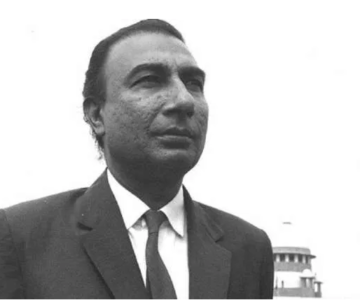Rumi departed earthly life on 5 Jumadi II, 672 A.H (according to the Islamic lunar calendar; Dec 17, 1273 A.D., according to the Christian calendar). His death is referred to by Persians as “vesal”, meaning “union (with the Beloved)”, while in the Mevlevi Sufi tradition, the expression “shab-i aroos” (variously spelled “sheb-i arus”, etc., in transliteration) is used, a phrase meaning “the wedding night” — the night of Rumi’s marriage to the Beloved. (The Sufi tradition of referring to the death of a Sufi saint as “urs” — a wedding — predates Rumi, and is still used in Sufi circles.)
Over the next few days, the Sunlight mailing list will offer poems appropriate to the memory of Molana’s passing from this life, and touching on his teachings on the significance of death.
Here, Sunlight offers a selection from the Mathnawi, Book III, verses 3501 – 3506, in a translation by Professor William Chittick, in a version by the Helminskis (accompanied by a Persian
transliteration), and in a translation by Dr. Ibrahim Gamard (accompanied by Dr. Gamard’s Persian transliteration):
^ ^ ^ ^ ^
I died from the mineral kingdom and became a
plant; I died to vegetative nature and attained to animality.
I died to animality and became a man. So why
should I fear? When did I ever become less through dying?
— Mathnawi III: 3901-03
Translation by William P. Chittick
“A Sufi Path of Love”
SUNY Press, Albany, 1983
~~~~~~~~~~~~~~~~~~~~~~~~~~~~~~
O my noble friends, slaughter this cow,
if you wish to raise up the spirit of insight.
I died to being mineral and growth began.
I died to vegetable growth and attained to the state of animals.
I died from animality and became Adam:
why then should I fear?
When have I become less by dying?
Next I shall die to being a human being,
so that I may soar and lift up my head among the angels.
Yet I must escape even from that angelic state:
everything is perishing except His Face.*
Once again I shall be sacrificed, dying to the angelic;
I shall become that which could never be imagined –
I shall become nonexistent.
Nonexistence sings its clear melody,
Truly, unto Him shall we return!**



